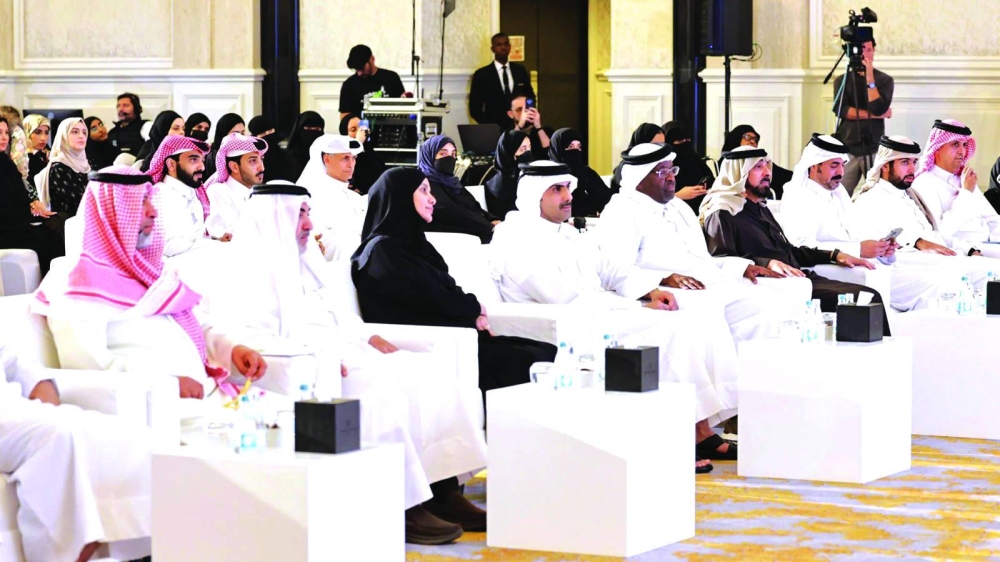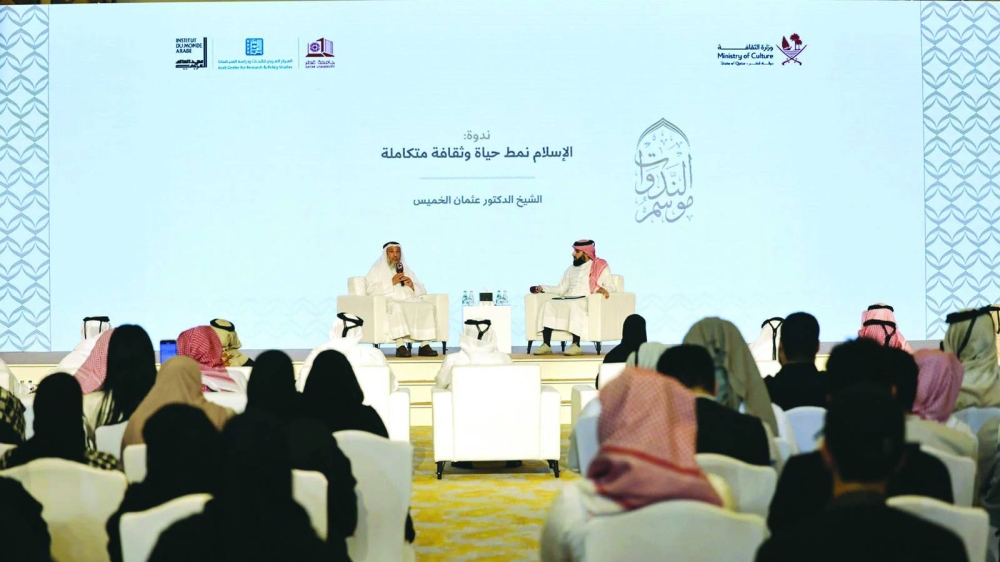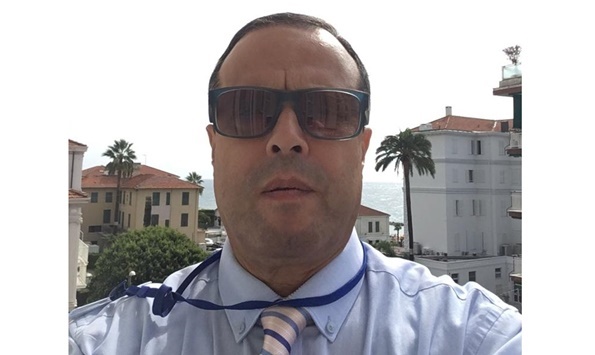The Ministry of Culture organised a seminar titled "Islam: A Way of Life and an Integrated Culture" Sunday evening, as part of the fourth edition of the seminar season. The seminar was held in the presence of HE Sheikh Abdulrahman bin Hamad al-Thani, Minister of Culture, and a large gathering of intellectuals and the public. The Kuwaiti preacher Dr Othman al Khamis spoke during the seminar, which was moderated by preacher Dr Youssef Asheer.
The seminar shed light on the foundations and rules for building our lives according to an integrated approach and culture that affects various aspects of human life. It also addressed moral and social values in Islam. Islam and science and the encouragement of civilizational contribution, the role of Islam in shaping cultural identity, the impact of Islamic teachings in building societies.
The preacher, Dr Othman al-Khamis, stressed that the true renaissance of the Muslim nation will only be achieved through adherence to Islamic knowledge. Emphasising that Islam has given great attention to education since its inception, as the mosque was the first school from which the Companions acquired religious and worldly knowledge. He explained that the crisis that the nation is experiencing today is due to the decline in the status of knowledge and scholars, and the spread of intellectual chaos as a result of moving away from the correct understanding of Islamic texts.
Dr Al-Khamis focused on the importance of Islamic knowledge in the renaissance of nations. Indicating that the Muslim nation was not in the forefront except when scholars dominated the scene and knowledge became a basic driver of life. He quoted the eras of Islamic prosperity that were full of scholars in various fields, from jurisprudence and interpretation to medicine, astronomy and engineering. In response to some voices accusing scholars of living in isolation from reality, Dr Othman al-Khamis stressed that this view is unrealistic and incorrect, and that true scholars understand reality more than is thought, and are able to provide solutions based on solid Islamic foundations.
He explained that a deep understanding of reality is an integral part of Islamic knowledge. He added: Scholars throughout history were not just transmitters of texts, but rather they were people of ijtihad and jurisprudence. They were teaching people and interpreting the rulings of Sharia to them in a manner consistent with the developments in their lives. He quoted the biography of Imam Ahmad ibn Hanbal, who faced the temptation of the creation of the Qur’an with a deep understanding of the political and social context of his time, as well as Ibn Taymiyyah, who was alert in confronting the issues of his time. Contrary to what some promote that religion was a stumbling block to scientific progress, Dr Al-Khamis stressed that Islamic civilization at the height of its prosperity was based on science and knowledge.
As the great schools were established in Baghdad, Cordoba, Damascus and Cairo, and scholars such as Ibn Sina, Al-Razi and Ibn Al-Haytham emerged, and contributed to various sciences from medicine to astronomy and mathematics. There was no conflict between religion and science, as happened in Europe during the Middle Ages, but rather science was an extension of the correct understanding of religion, as the revelation began with the word “read”. This confirms that any accusation that Islam is hostile to knowledge is a misreading of history and civilization.
At the end of his lecture, Dr Othman al-Khamis addressed a message to students of knowledge, calling on them to bear the responsibility of spreading correct knowledge and correcting the misconceptions that are prevalent in society. Stressing that knowledge is the most powerful weapon in confronting the intellectual and cultural challenges facing the Muslim nation today.

HE Sheikh Abdulrahman bin Hamad al-Thani (center) and other dignitaries

From left: Dr Othman al-Khamis, Dr Youssef Asheer

